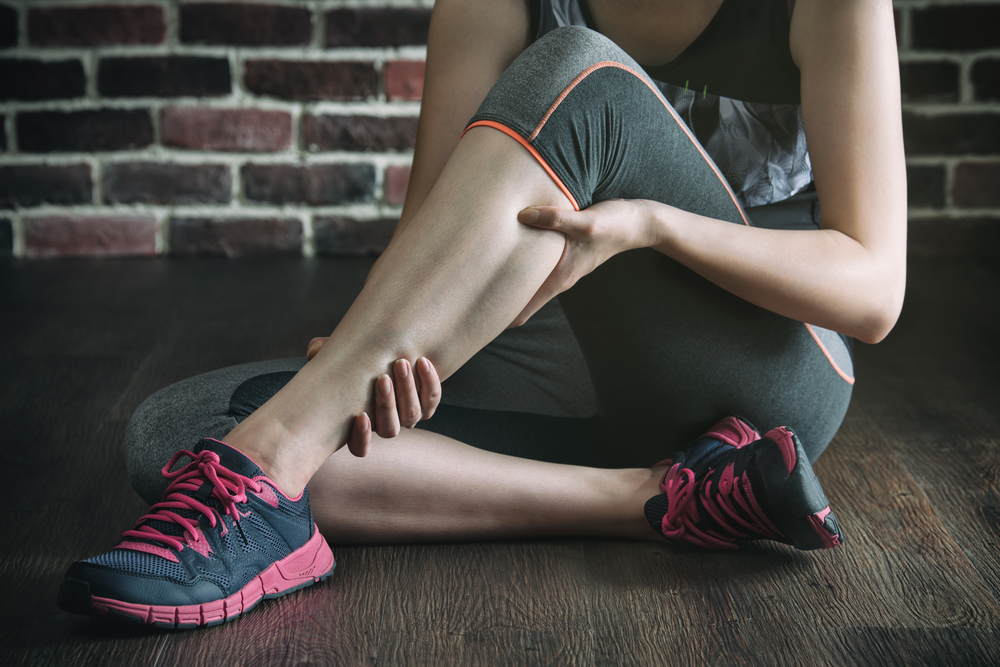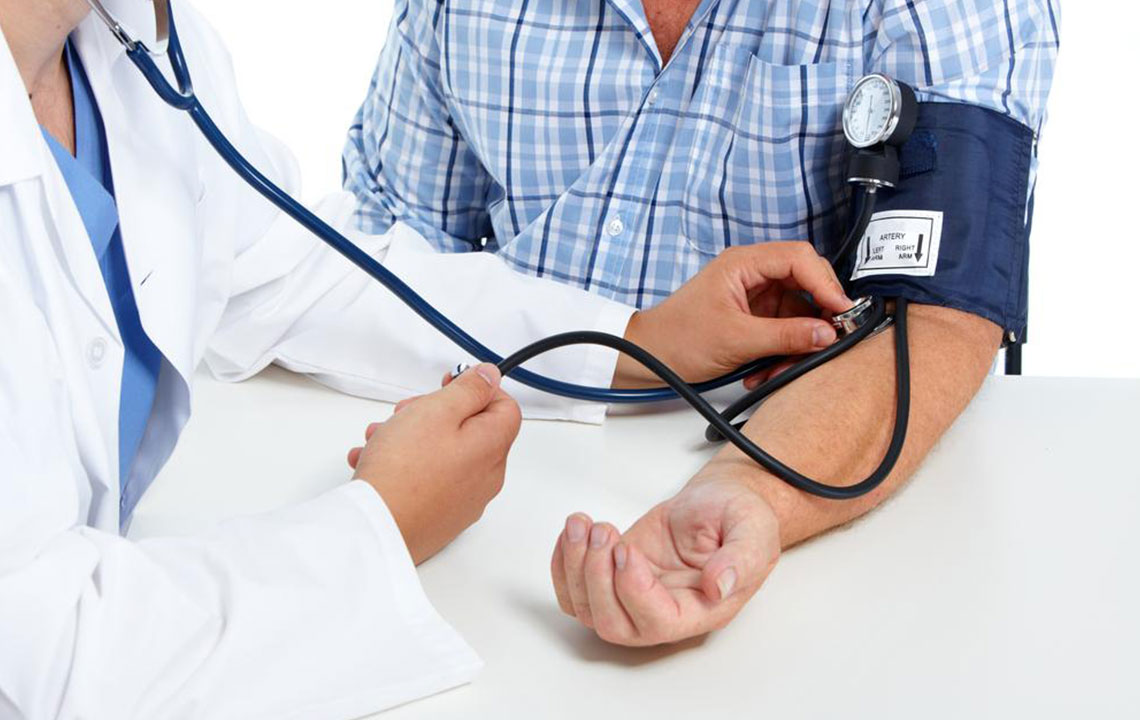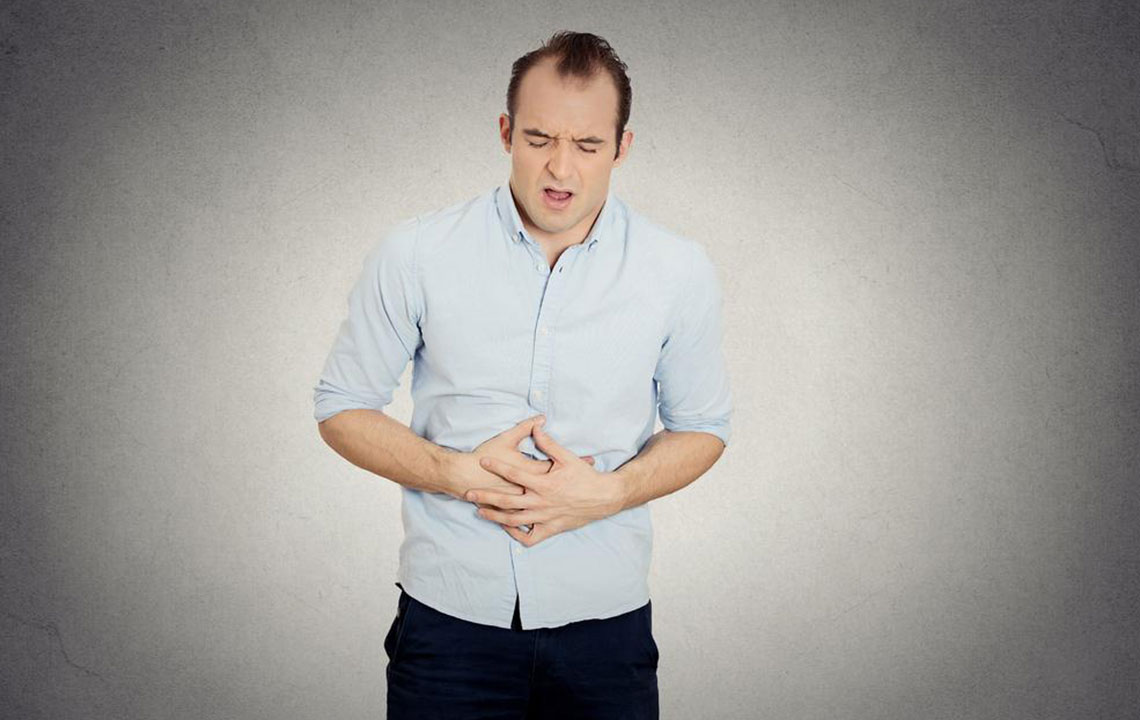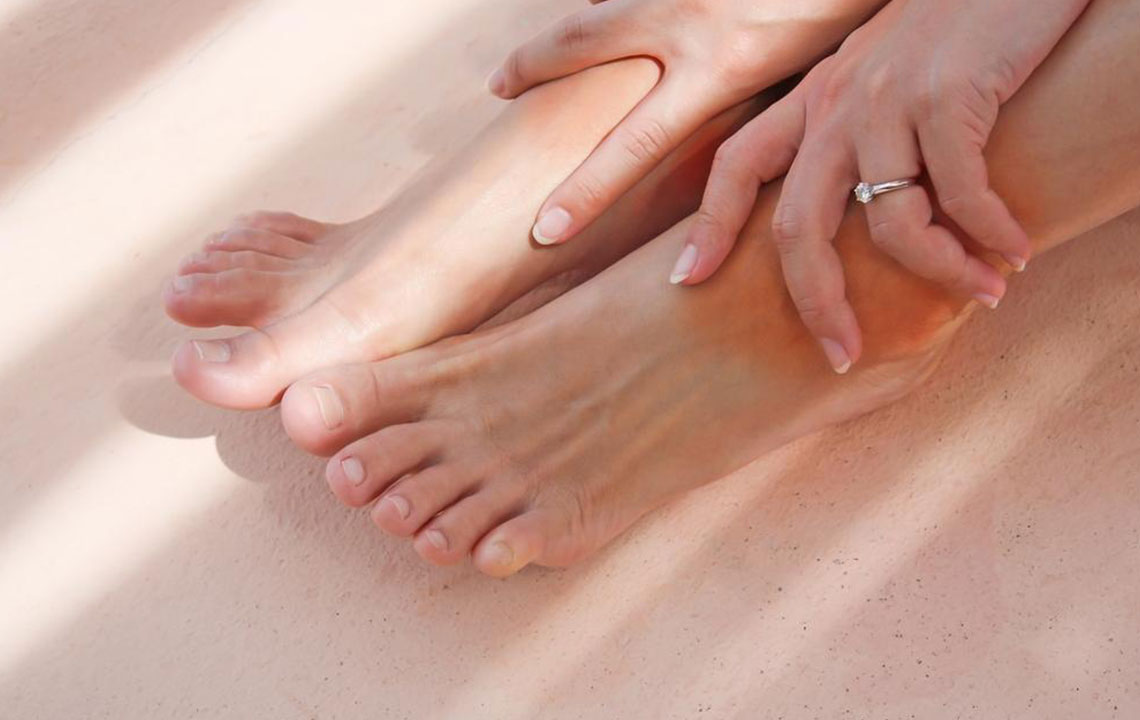Effective Strategies to Relieve Leg Cramps
Discover effective natural and medical strategies to prevent and relieve leg cramps. From lifestyle tips like hydration and diet to remedies such as cold packs and pickle juice, this guide provides comprehensive solutions to manage nighttime muscle spasms and improve sleep quality. Address common causes and learn when to seek medical advice for persistent issues, ensuring relief and better mobility.
Sponsored
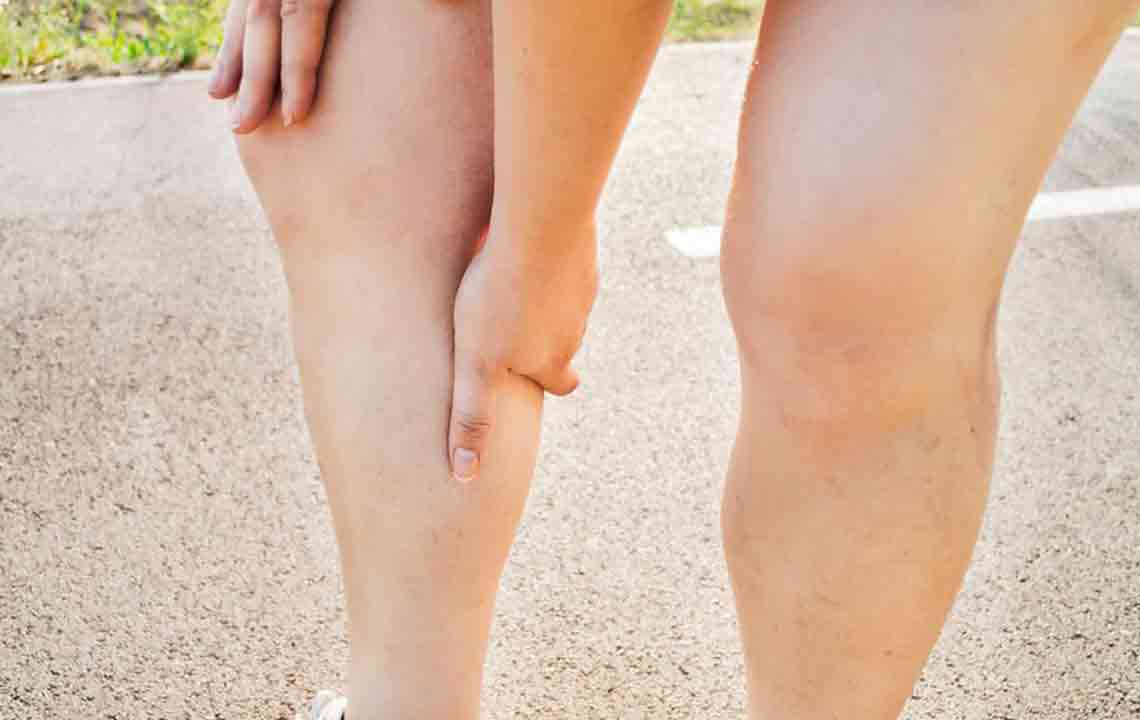
Strategies for Alleviating Leg Cramps
Leg cramps, often experienced by many at some point, are sudden, painful muscle contractions typically affecting the calves or hamstrings. These spasms are especially troublesome at night, disrupting sleep and causing mornings of fatigue. While usually harmless, recurring cramps can sometimes indicate underlying issues such as poor blood circulation. Knowing practical remedies can help manage and prevent these episodes, ensuring restful nights and active days. Understanding the causes and effective treatments can significantly reduce discomfort and improve quality of life.
Leg cramps commonly target muscles crossing multiple joints, like the quadriceps and hamstrings, but can affect any muscle. Though rarely severe, they can indicate health issues like peripheral artery disease. Most cramps are manageable through simple remedies. Also known as 'charley horse,' these spasms often occur at night, interrupting sleep and causing discomfort that can persist into the next day.
Common Causes of Leg Cramps
Various factors contribute to muscle spasms, including:
Overexertion and muscle fatigue
Intense physical activity
Dehydration
Excess weight
Electrolyte imbalances
Medication side effects
Pregnancy
Magnesium or calcium deficiencies
Neurological conditions
Individuals like athletes, pregnant women, or older adults are more prone to cramps due to their specific health or activity levels.
Natural Ways to Ease Leg Cramps
Consume fresh, raw fruits and vegetables to boost vitamin and mineral intake.
Stay well-hydrated by drinking plenty of water, avoiding caffeine and sugary drinks.
Applying a cold pack or stepping onto a cold surface can reduce muscle pain and spasms.
Sipping pickle juice can provide quick relief, as research suggests it helps calm muscle spasms via neurological reactions.
Maintain electrolyte balance by eating bananas or drinking coconut water to replenish magnesium, calcium, and potassium levels.
Medical and Supplement Treatments
Vitamin deficiencies may contribute to cramps; thus, taking supplements like vitamin B complex, vitamin E, or magnesium can help. Ensuring proper levels of calcium or consulting a healthcare provider for medications like calcium channel blockers can also be beneficial. Proper diagnosis and addressing root causes are essential for persistent cramps.
Though leg cramps are generally harmless, frequent episodes can affect daily comfort. Preventive care and simple remedies can often alleviate the problem without significant expense. However, persistent or severe cramps should be evaluated by a healthcare professional for appropriate treatment.

